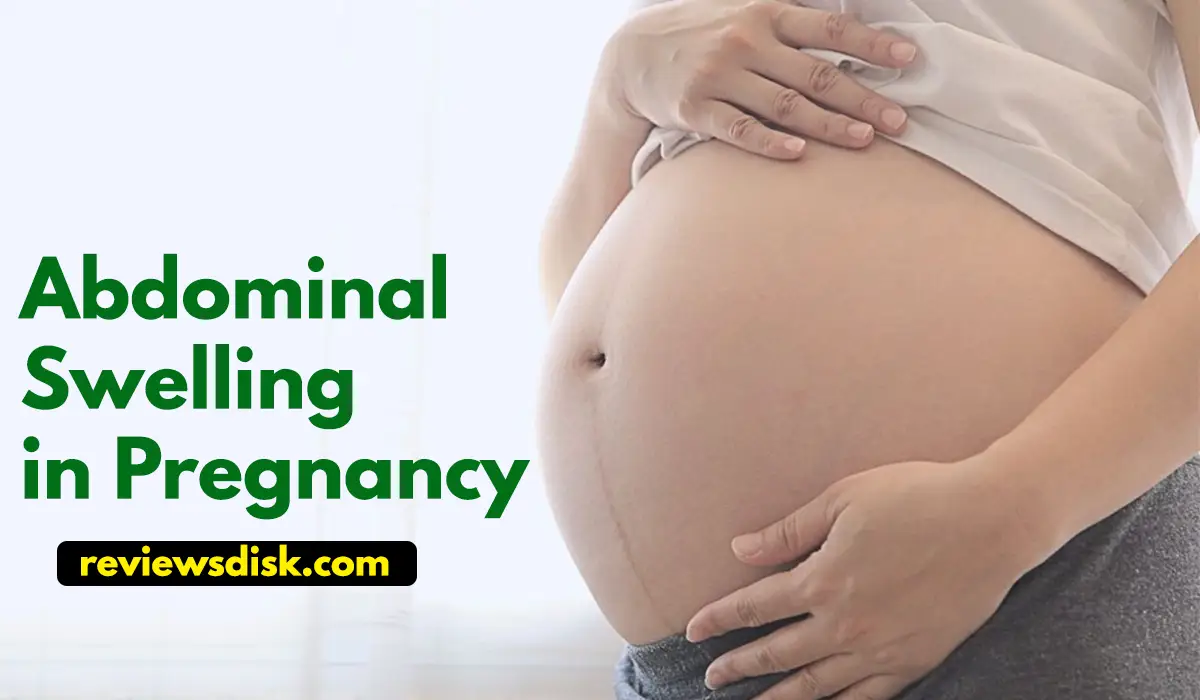Abdominal Swelling in Pregnancy
Pregnancy is a mesmerizing journey filled with numerous bodily changes. Have you ever wondered about the causes and significance behind abdominal swelling during this special time? Let’s dive deep into this topic!
Abdominal swellings may present at any stage of pregnancy. In early pregnancy the diagnosis would be similar to that of a non-pregnant female. However, as pregnancy advances, any abdominal mass may be displaced upwards and laterally, a fact that must be borne in mind when making a diagnosis.
Lumps can arise from the skin and its appendages. Skin swellings are diagnosed by the fact that they do not move independently of the overlying skin. A punctum may be visible in sebaceous cysts, which may be tender and erythematous if they become infected.
Swellings arising from the peritoneal cavity may cause generalized or localized abdominal swelling. The 5 Fs – Fluid, Faces, Fetus, Flatus, and Fat, as well as large fibroids and ovarian cysts – should be considered when there is generalized abdominal distension.
In the later stages of pregnancy, the conditions may be suspected when the abdominal enlargement is greater than would be expected for the gestational age.

Introduction to Abdominal Swelling
Abdominal Swelling in Pregnancy, From the moment of conception, your body embarks on a transformational journey. As your baby grows, the abdomen expands. But did you know that not all abdominal swelling is solely due to the baby’s growth?
What causes abdominal swelling?
Normal pregnancy changes
The most obvious cause of abdominal swelling is the growing fetus. As your little one develops, your uterus expands, leading to a prominent belly bump. Isn’t it amazing how our bodies adapt to provide a nurturing environment? “Abdominal Swelling in Pregnancy”
Gastrointestinal issues
Sometimes, you may feel bloated due to gas, constipation, or digestion issues, which are common during pregnancy. Ever felt like you ate a balloon? That’s probably the gas talking!
Serious complications
Occasionally, swelling can indicate a more severe issue like ovarian cysts or ascites. It’s vital to differentiate between normal swelling and symptoms of potential complications. But how can one distinguish?
Recognizing Abnormal Swelling
Differences between bloating and swelling
While bloating often feels temporary and comes with a gassy sensation, unusual swelling remains consistent and may be accompanied by pain or discomfort. It’s like comparing a temporary rain shower to a persistent storm. “Abdominal Swelling in Pregnancy”
Warning signs
Sharp, persistent pains, significant sudden swelling, or feelings of tightness should never be ignored. Remember, it’s always better to be safe than sorry.
Remedies and Relief
Every cloud has a silver lining, right? If you’re experiencing discomfort from abdominal swelling, there are numerous remedies to try.
Natural remedies
Dietary changes
Opt for foods that are easy to digest. Think of it like choosing the smoothest road for a leisurely drive. Foods high in fiber, for instance, can alleviate constipation and reduce bloating. “Abdominal Swelling in Pregnancy”
Exercises
Gentle exercises, like walking or prenatal yoga, can aid digestion and alleviate discomfort. Think of it as shaking a snow globe; sometimes, movement can help settle things down.
Medical treatments
If natural remedies don’t provide relief, always consult your healthcare provider. They might recommend safe medications or other interventions.
Prevention
Tips to reduce swelling
Drinking plenty of water, avoiding salty foods, and elevating your feet can help reduce swelling. It’s like giving your body a mini-vacation!
Conclusion
Abdominal swelling during pregnancy is a mix of natural body changes and potential gastrointestinal issues. By understanding its causes and remedies, you can navigate through your pregnancy journey more comfortably. Remember, every change is a step closer to meeting your little one.
FAQs
- Is abdominal swelling a sign of a healthy pregnancy?
- While swelling is common, it’s crucial to monitor and differentiate between normal and abnormal swelling.
- How often should I consult my doctor about abdominal swelling?
- Regular prenatal check-ups are essential. However, if you notice sudden or extreme swelling, contact your healthcare provider immediately.
- Can exercises harm my baby if I have abdominal swelling?
- Gentle exercises are beneficial. But always consult your healthcare provider before starting any new exercise regimen.
- Are there any foods I should avoid to reduce swelling?
- Reducing salt intake and avoiding gas-producing foods can help. It’s all about balance!
- Is it normal to have swelling in the early stages of pregnancy?
- Mild swelling can be expected, but if you have concerns, it’s always best to consult with a healthcare professional.